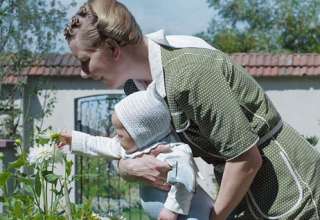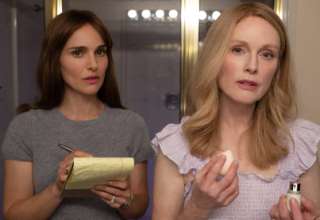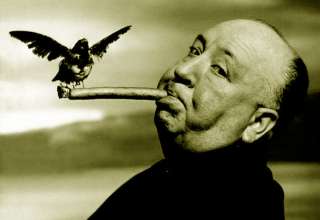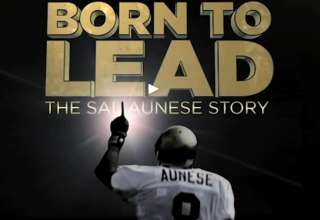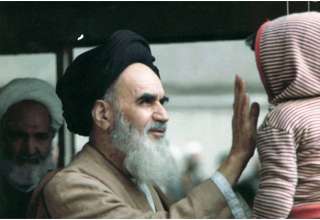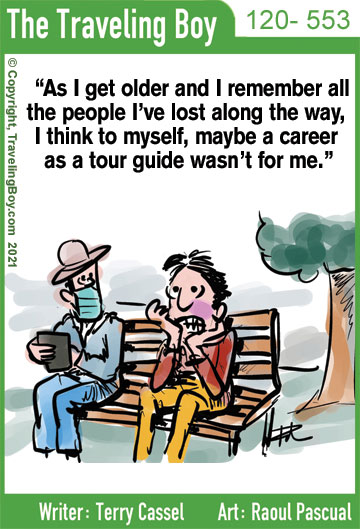Max von Sydow Remembered
By T-Boy Society of Film and Music
Versatile ‘Seventh Seal’ actor and frequent Ingmar Bergman collaborator has died at 90.
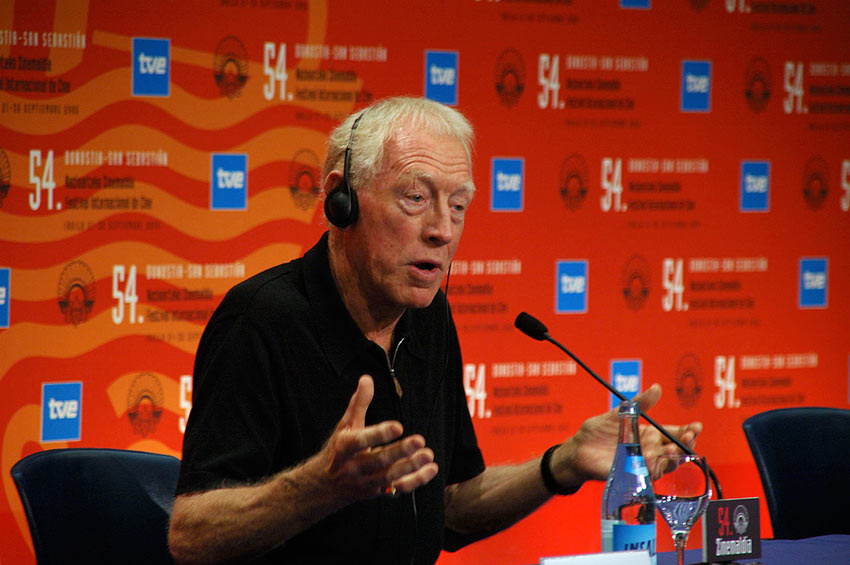
Max von Sydow (pronounced: “see-doh”) the Oscar-nominated actor best known for playing chess with Death in Ingmar Bergman’s The Seventh Seal has passed away. He was 90 years old.
His wife, Catherine Brelet, announced the news without citing a cause of death in Paris Match. “It is with a broken heart and with infinite sadness that we have the extreme pain of announcing the departure of Max von Sydow on 8 March 2020,” she said, according to The Guardian.
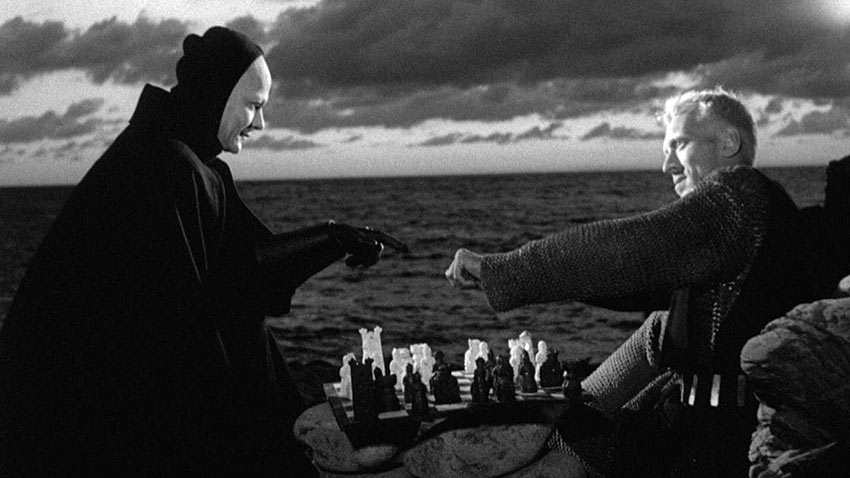
The Swedish actor became an international star in the late fifties and sixties due to his appearances in eleven Ingmar Bergman films. In particular, his first film with writer/director Bergman, The Seventh Seal – where he played a pensive knight returning home from the Crusades during Black Plague, who challenges Death to a game of chess – put both von Sydow and Bergman on the world map. The Seventh Seal is considered a classic of world cinema, as well as one of the greatest movies of all time. It established Bergman as a world-renowned director, containing scenes which have become iconic through homages, critical analysis and even parodies.
Von Sydow followed with Wild Strawberries in a bit part as a gas station attendant. I fondly recall audiences’ surprise when they noticed their heroic knight pumping gas in a contemporary film.
Von Sydow was blessed to be part of Bergman’s family of actors – in the vein of John Ford, Preston Sturges and Rainer Werner Fassbinder – one of the greatest acting troops in the history of the cinema, which included Gunnar Björnstrand, Ingrid Thulin, Harriet Andersson, Bibi Andersson, Gunnel Lindblom, Liv Ullmann and Erland Josephson. Von Sydow considered Bergman a genius, and was more than happy to play any part in which he was offered.
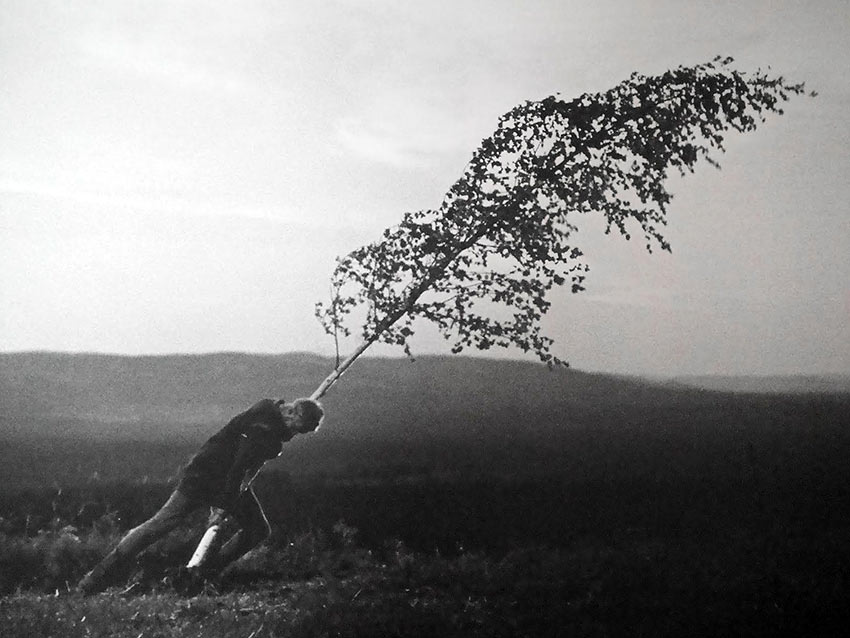
The Magician was the last of his three Bergman films photographed by the esteemed Gunnar Fischer. He followed with The Virgin Spring; Through a Glass Darkly; Winter Light; Hour of the Wolf; Shame; The Passion of Anna and The Touch with Sven Nykvist behind the camera, one of the world ‘s greatest cinematographers. It should be noted that Bergman’s style shifted from Fischer’s hard, contrast lighting to the naturalness of Nykvist’s lighting schemes.
Bergman and von Sydow continued working together throughout the sixties, a decade during which von Sydow alternated between film and theatre.
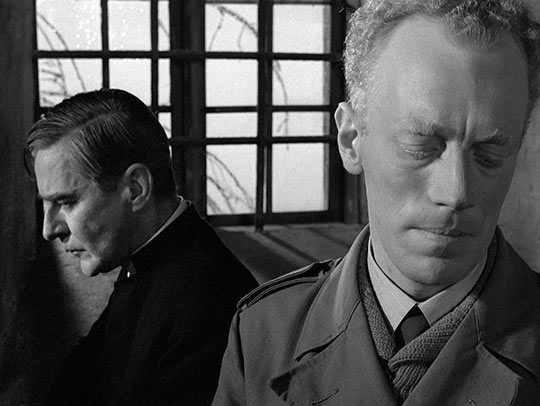
“Ingmar has these special characters who are reincarnated from film to film,” von Sydow told Life in 1971. “There is the very sensitive, very emotional person who cannot bear his own feelings. He is usually destroyed by the second type of character, the one who is emotionally inhibited by his intellect, who never has had any real emotional experience and longs to be almost the victim of an emotional explosion just in order to feel something.”
His stature was such that his Hollywood debut was in George Stevens’ The Greatest Story Ever Told, where he played Jesus Christ.
Von Sydow said of his craft in an 1965 interview, “In a theater, the part is mine and I can control it as I want to. In the movies, I don’t have direct contact and not always continuity, and I am fighting technical machinery. But what the movies do is give me an opportunity to go places. Now, I’m not only a Swede but an American, not just a man of my time but I’ve been living 2,000 years ago — and not just in a new country, America, but in the Holy Land, too.”
Within a decade, he was the star of William Friedkin’s blockbuster The Exorcist. Although his character receive little screen time in the horror film, it was von Sydow’s ability to play a priest who could display confidence in the face of a demon that brought the film together. He was 44 at the time the movie came out, but makeup effects made him look older, adding weight to the role. He was nominated for a Golden Globe for the performance but did not win. In 1988, von Sydow directed his only film, Katinka, a love story about a married woman falling in love with another man.
Known for his versatility, von Sydow also appeared in supporting roles in esteemed films such as partner of Barbara Hershey’s character in Woody Allen’s Hannah and Her Sisters; a director of a futuristic police force in Steven Spielberg’s Minority Report; and a dubious professor in Martin Scorsese’s Shutter Island.
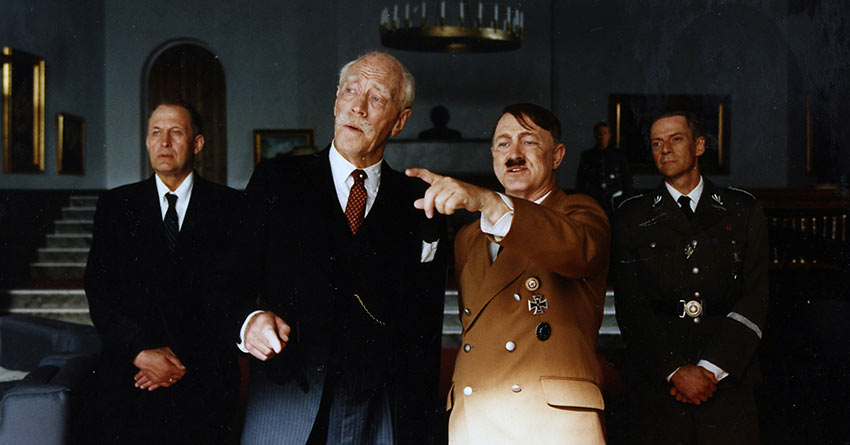
He would switch over to playing leading roles in Pelle the Conqueror, and in Jan Troell’s The New Land, The Emigrants and Hamsun, his last great lead as Norwegian Nobel Laureate, Knut Hamsun, which covers his controversial support for the Nazi regime during WW2 and its consequences for the Hamsun family after the war.
Von Sydow was a man who liked to keep working, appearing in 120 films, with some light years away from his prestigious work with Bergman: Kojak: The Belarus File (TV Movie), Footloose, Conan the Barbarian, Strange Brew, Exorcist II and the voice in Ghostbusters (Video Game).
Von Sydow kept a busy schedule of projects up to his death, and is slated to appear in filmmaker Nicholas Dimitropoulos’ upcoming Echoes of the Past.
Von Sydow was married twice. He met his first wife, Christina Olin, while in theater school; the couple, who had two sons, divorced in 1979. He married Brelet in 1997 and, according to The Guardian, subsequently became a citizen of her native France.
Interview: Juliette Binoche
By Nicolas Rapold on March 12, 2020
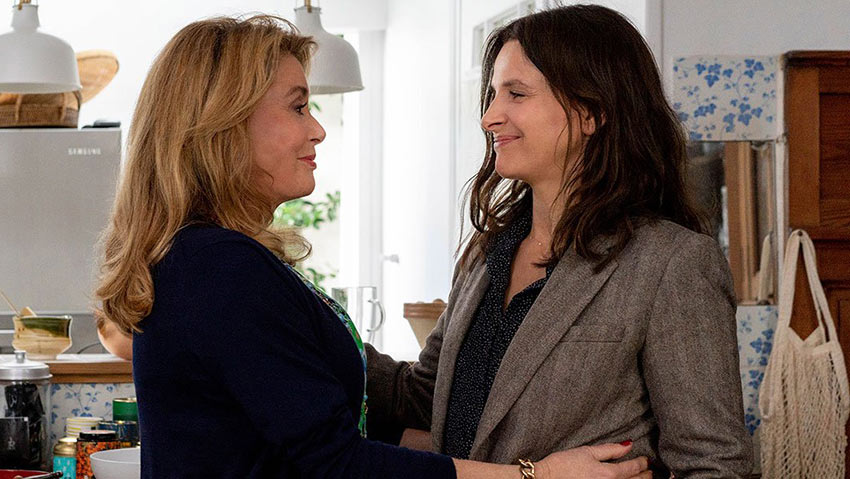
In Film Comment’s March and April issue, Molly Haskell writes eloquently of the new film The Truth: “It seems remarkable yet somehow unsurprising that the celebrated Japanese director Hirokazu Kore-eda should move seamlessly into the French language and a Parisian household in this autumnal portrait of an aging actress, a diva extraordinaire named Fabienne, played, naturally, by Catherine Deneuve. The occasion is the publication of Fabienne’s memoirs, which her daughter and family have come warily to celebrate. But the daughter, Lumir (Juliette Binoche), a screenwriter living in New York, has another agenda: to finally read the manuscript that her mother had promised to send her in advance. Memory and unreliability are at the center of this masterful exploration of a classic Kore-eda theme: the way in which families construct their mythologies, often at variance with whatever truths can be rescued from a past that has been pushed and pulled, rewritten and reshaped into forms that family members can live with.”
I sat down with Binoche last September at the Venice film festival, where The Truth had its world premiere as the opening night selection. Given the fascinating interplay between Binoche and Deneuve, and Binoche and Kore-eda, I initially focused on a few scenes, which the actor expounded upon with an electric intensity, as she did her upcoming projects. The Truth, which kicked off Rendez-Vous with French Cinema, opens March 20 at Film at Lincoln Center.
What was the first Kore-eda film you remember seeing?
Nobody Knows. I was very touched by that.
When did you first speak to him about The Truth?
We met in 2004, I think, and after that, we saw each other once in a while. Once I went to check in, and we went to Kyoto and spent time together. But I think when he met with Catherine, it clicked, and then the script started working on him.
What was your way into your character and her relationship with her mother and her career?
First of all he said to us, “It’s a comedy.” So that brought me a raw feeling for it. And then he said to me, “You really have to go into the shadow of your mother.” I was interested, because before that, I’d acted in [Clouds of] Sils Maria — I was the actress, and then all of a sudden I was like the assistant. He said to me, “I’m interested in the shadows,” probably because he’s like the sun for his group of people in Japan who work with him. Like when all the bees work for the queen. We chose colors — all greys in the clothes, and no-make-up kind of thing.
I was quite fascinated, because while we were shooting, he wrote the scene at the end with my daughter, in my old bedroom. It’s after she goes to see my mother, her grandmother, and she comes to me and I say, “So, did it work?” And she asks, “What’s the truth?” And I don’t really answer. I love the fact that he found that scene while we were shooting, because he was still exploring, still working through the complexity of these characters and all the layers of the story.
That’s a wonderful scene. I was going to ask about it because there’s that close-up on you — but it’s not a close-up that reveals. You respond to her, but it’s not a totally candid response.
Yeah. I remember, it was at the end of the day, at the end of shooting, and we were all exhausted. And he said to me, “You have to have this big smile, beaming.” And I said, “How do you want me to beam?” [Laughs] Because I’m cooked. I have nothing more to give. But he has a way of asking: so human and so subtle, not demanding. There’s something about life that he’s able to share in. He reminds me actually of when I read Anton Chekhov: I’m always very moved by the person, because he knows about human beings also because he’s been a doctor. Also, Chekhov was writing for his wife and showing the dark sides of a character as well as the light sides. But he always loved them no matter what. I think Kore-eda has the same quality of loving, even though we can be the worst and the best. That’s probably why I wanted to work with him so much. I felt there was something in him that is so human, without pushing, without wanting.
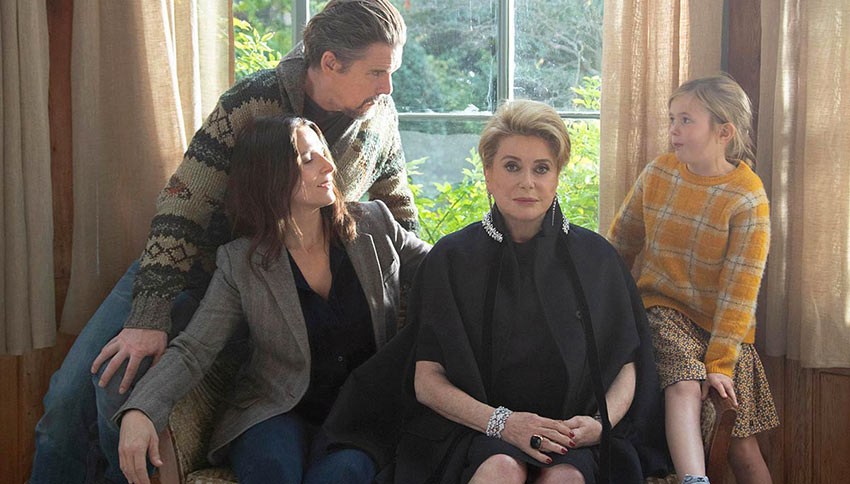
Another striking scene is one with Catherine Deneuve that’s basically one long take. You’re embracing and, at the end, it abruptly seems that her character, Fabienne, was treating it all as material for a future performance. Can you talk about shooting that scene?
Well, it was interesting. When we rehearsed, my first impulse in the scene — and her impulse as well — was that she came over to my shoulder. And I was cuddling her.
Right.
Catherine is not very comfortable, I think, with too much physical closeness, and she asked the crew to go away because she felt too much. There was too much attention on how we were going to deal with that scene. So we’re kind of alone with the director and the translator. So, after rehearsing several times, she allowed me to come to her shoulder. And there’s the complexity of my [character’s] needs as a little girl, because you always need the mom who’s going to protect you or fill in all the doubts. And it was almost impossible to stay on that shoulder, because she’s going through stuff herself. So I felt like Catherine opened up, and I remember her saying after doing the scene, “Oh, she’s terrible, she’s terrible.” She was surprised by it.
So she was able to channel her energy in an extraordinary way for that moment.
I don’t know where it came from. I was surprised by it. She was surprised by it, and she could have enough distance to feel that it was awful to behave like that. You know, I remember living things in life and saying, inside of me, “How wonderful it would be to act that!” Of course you’re observing — it’s like a painter seeing some light and saying, “I want to reproduce this light, you know — this light is the most beautiful moment,” or “This is so truthful, I’ve never seen that before.” Of course you go into that, because it’s a part of the need to observe and take things in, in order to recreate it into a new art form.
It’s a moment of such genuine emotion for your character.
I think that’s the interest in being an actor. You know you’re in a fiction, you know it’s not true, and yet you have to be true within the fiction. And very much like in life, somehow you know it’s not the truth, the reality is somewhere else — yet you have to act fully as being truthful. Because we’re actors of our lives and we’re acting into a situation. Like now: you’re playing the journalist and I’m playing the actress. You have to be truthful in what you felt or in your questions. That’s the game of it all, but being truthful means being close to what you feel and being able to say what you feel, and not making it too beautiful, or too whatever, in projecting it.
It feels like Lumir has some common language with Fabienne in the form of imagination and being able to communicate things that way. But it can be dangerous, because you can get far away from your actual emotions. Did it feel like Lumir was trying to find a language through which she could communicate with her mother?
Being a scriptwriter, you mean? What was interesting to me is that the mother seems to be setting all the colors of what’s true or not true. Because she has that power: she wrote that book and she’s recognized and all. In some situations, it’s the daughter who’s actually writing, but her mother says whatever she wants at the end of the day. It’s the funny situation of it all — life is very comical but tragic at the same time. Where do you place the truth? Where does it come from? That’s why the film is fascinating, because it has so many layers.
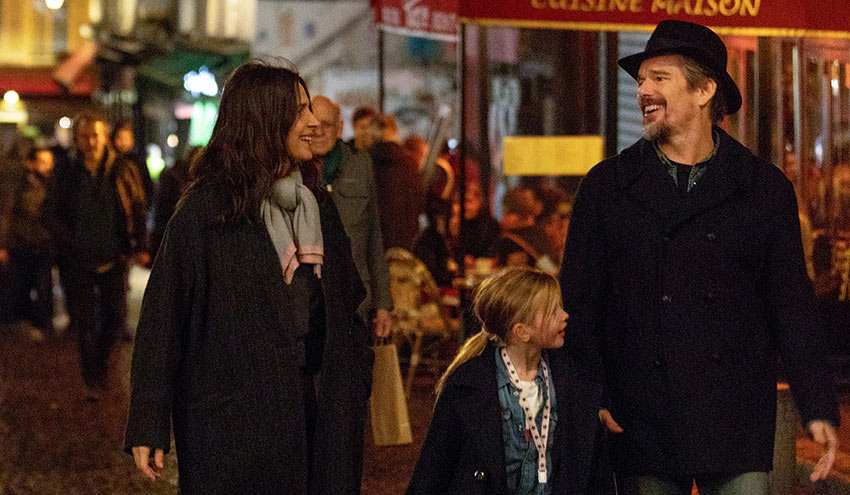
There’s something especially raw about the mother’s absolute devotion to her art, versus her feelings toward her family.
Yeah, she’s assertive about that. She’s made a decision, and that decision is good for her: leaving everybody behind. [Laughs] Whether they have problems or not. I don’t know anyone who’s been like that. It reminds of the film What Ever Happened to Baby Jane? with Bette Davis and Joan Crawford — and then [Crawford’s] daughter wrote a book about how nasty her mother was and all that. That’s the closest I can think of. Maybe this film brings out a lot of these questions of how much you put in your career, acting, world recognition, the need to be important, that kind of power. Personally, I don’t know anyone, any actress, who has done or felt that [toward their child]. You learn very early, as a little girl, that having a family and having children was important. And yet when I found acting, it was such an opening, it was a place where I could express myself and explore. For me, it was always such a joy and an important dimension, an inside dimension.
The Truth definitely reminded me of Clouds of Sils Maria and your character in that film, Isabelle. That movie also gets deep into the living details of being an actor, and the behind the scenes of life. How would you compare Fabienne and Isabelle?
Well, Kore-eda talked to me about Sils Maria.
Really!
Yeah, yeah, yeah. I remember seeing him and talking to him after Sils Maria, which maybe he had seen in Cannes. It felt like he was fascinated by the subject matter and by the film. So when he met with Catherine, something probably clicked in him. Also, he was very attached to an actress who had been in his films and who died recently. Because he had a real love and a fascination for her. And directors have to deal with actors so much, you know…
It’s familiar.
It’s familiar, so is it related to his own mother? I don’t know. You know, you have to be very, very intimate in order to go into [things]. We had a translator, so you couldn’t be one-on-one and really share intimate things. But I felt very early on that there was a natural complexity and intimacy with Kore-eda, because there’s something in his eyes that is very available, and soft, and he gets into you. He doesn’t keep his distance. The language keeps distance more than his eyes.
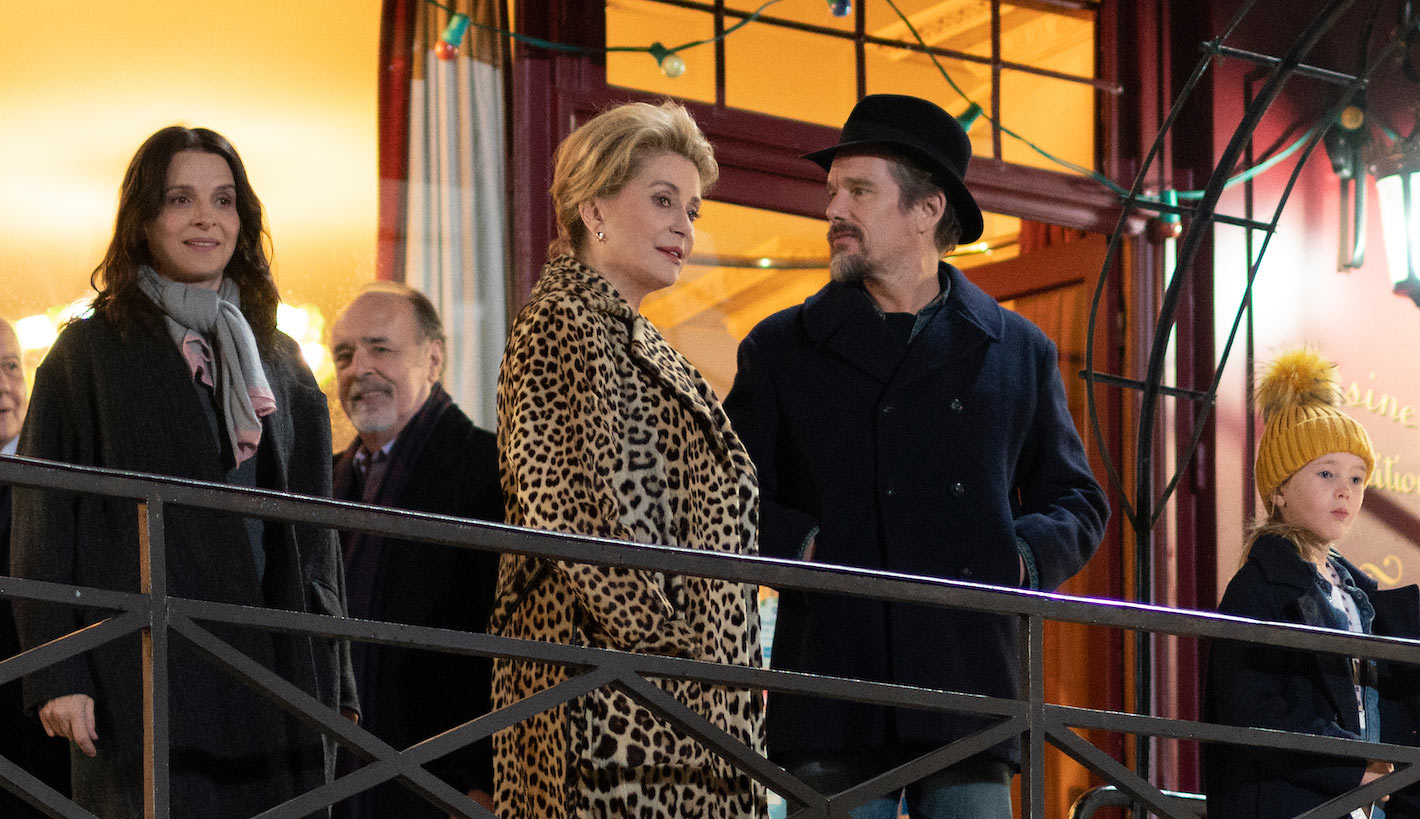
What’s the next film you’ll be shooting?
After Kore-eda’s film, I have a film by Emmanuel Carrère, a French novelist. It’s going to be his second film. He’s done a documentary, but this is a fiction film. It’s an adaptation of a well-known book, Le Quai de Ouistreham, and I’m the only actress in it, with non-actors. It’s about maids, mainly, and I’m a writer going into their world and pretending to be a maid in order to see what it is really. So it has the complexity of the truth at the end, when they learn that I’m not actually a maid — that I was there as somebody who wanted to know the truth of what it is to have nothing. You know, 50 years old and you’re starting from nothing.
Tomorrow, I will be finishing a film that I started two months ago. It’s a comedy by Martin Provost, a French director. It’s his first comedy, and it takes place at the end of the ’60s, when there were a lot of schools in France for making good wives. Schools to prepare young girls, usually from the middle[-class], not rich people.
A finishing school sort of thing?
For three years, they had to learn how to cook and sew, and the principles of being a good wife. And you had to submit to the husband’s sexual needs or whatever needs they have. This existed before the Second World War, but it really exploded after the war, seven hundred schools like that. And then it stopped with the ’70s.
I would hope so.
Because there was so much anger. And my character is flipping out. I’m the head of the school, with 20 young girls, having to deal with the learning process. Then it gets into ’68. And they go to Paris to do the revolution!
